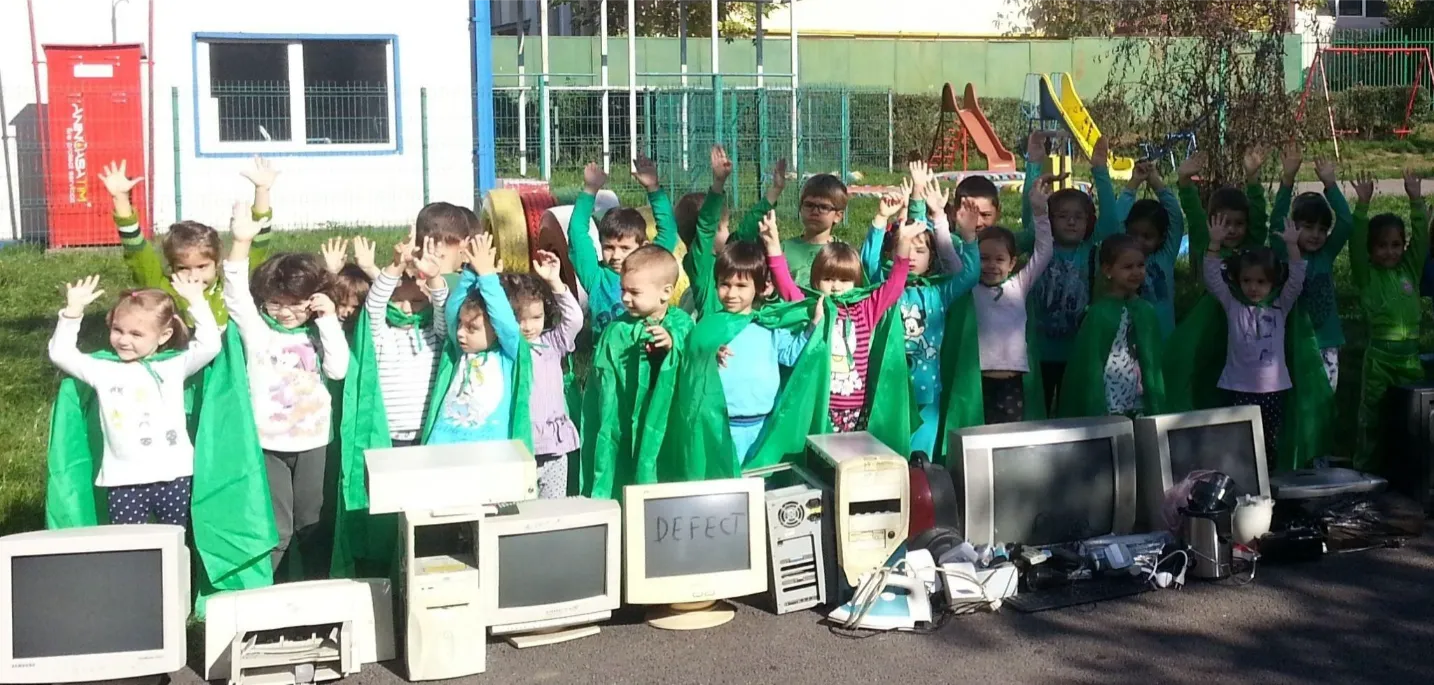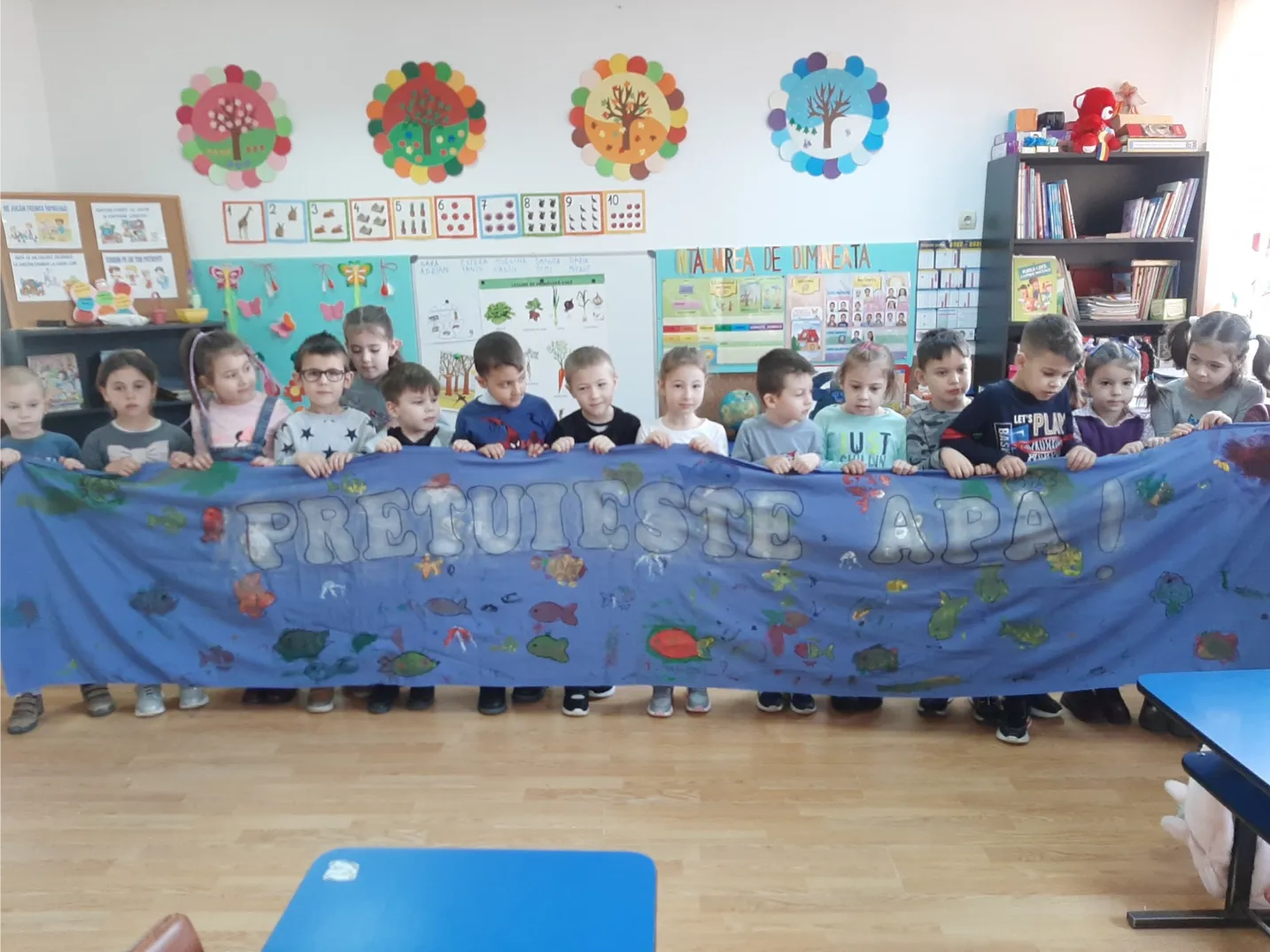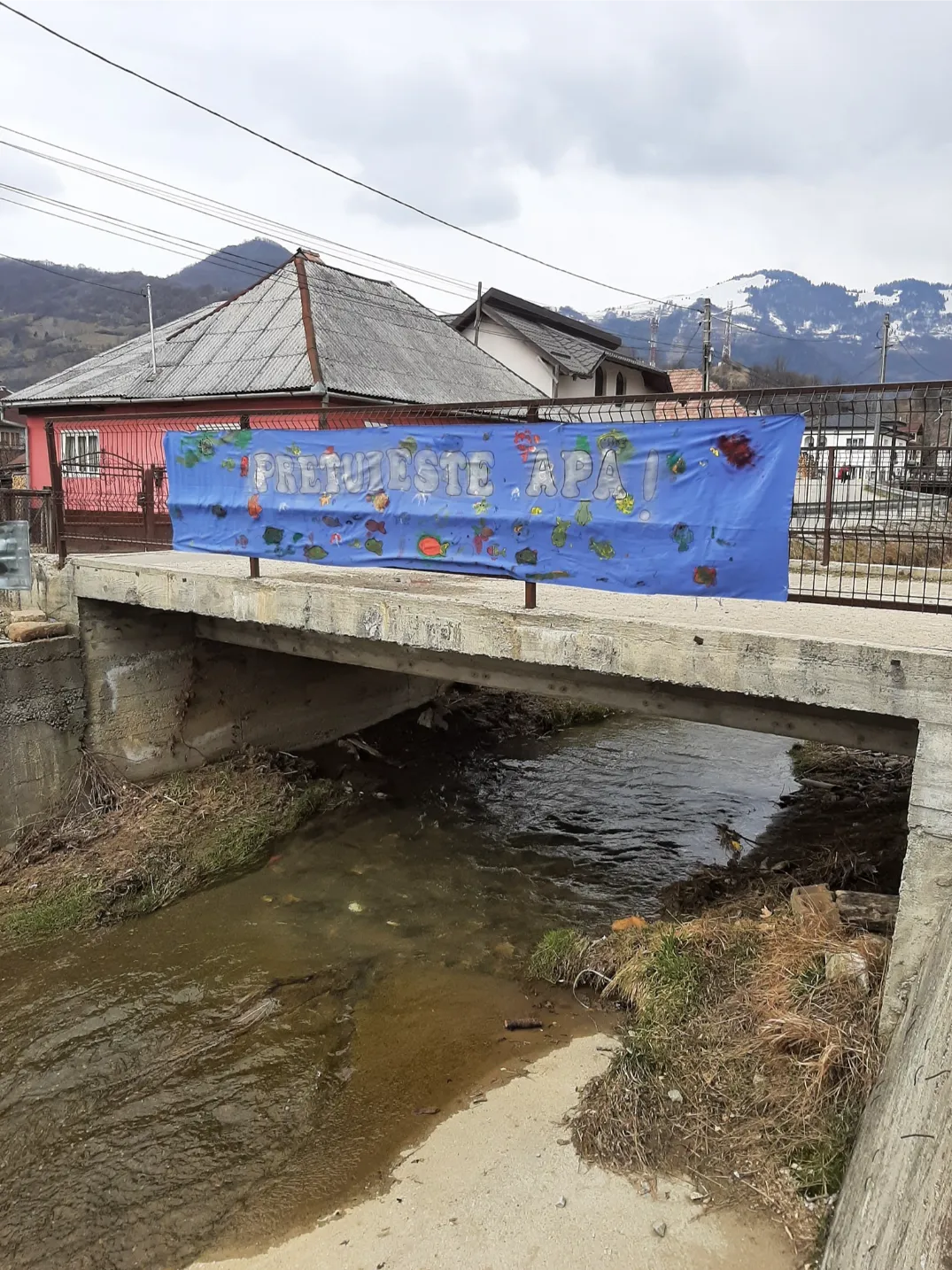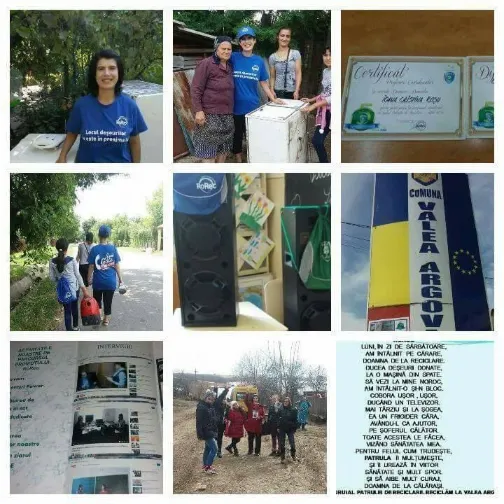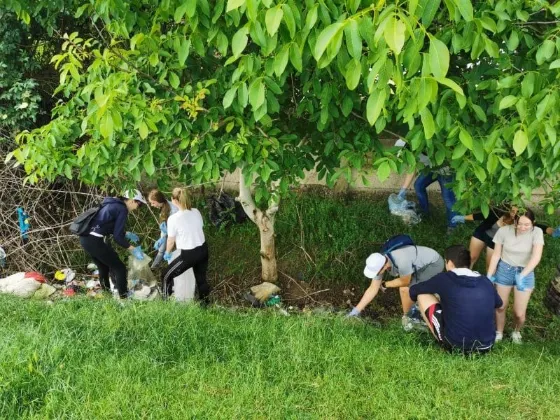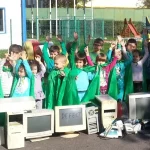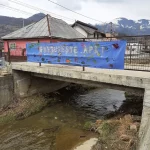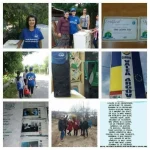Teacher: Ada Lungu

Ada Lungu
Ada is President of Volens Association, a Romanian NGO that aims at empowering, through climate education, teachers and young people to contribute to the sustainable future of their communities. She has always put her expertise in communication and PR to the service of social causes. In 2012, she joined the team of the Recycling Patrol, a national environmental education program, and has dedicated herself to climate education ever since. Today, she is the President of the Association that runs the program. They work with teachers and students from kindergartens, schools, and high schools all over Romania. They provide educational resources, challenges, guidance, and acknowledgment. This educational model helps children develop green competencies and supports the social inclusion of vulnerable kids. In 2021 they launched the Green Manners Guide and since then, they have been building a national collection of best practices, showcasing how schools can become long-lasting drivers of mindset change in their communities.
Usefull links related to the Solution
Overview
When Romania joined the European Union it was obliged to substantially change its public waste management system to make it more sustainable. However, this proved difficult as there was little societal will to carry out the activities and little understanding as to why this was necessary. The association built on a successful education programme which showed that using teachers and students to promote recycling was the best vector for awareness building and long-term behavioural change.
Theory of Change
The association observed that there was a societal knowledge gap in more areas than just recycling and so it expanded its remit to focus on ten climate change education areas. Climate change education is delivered to learners through an extracurricular club. The information is disseminated across the whole school by choosing children for the club from a selection of grades and classes. Challenges are undertaken by the learners which lead to the learners making improvements to their local community, these challenges demonstrate to the learners their own effectiveness.
Approach and Actions
The association provides educational resources to teachers which cover ten climate change areas including- recycling, biodiversity, carbon footprints and energy saving. Any teacher can register for free and will then receive the resources and guidance regarding how to implement the project. Implementation involves each teacher forming a team of students containing a mix of abilities and social backgrounds. The team learns about climate change issues and then undertakes challenges that focus on local climate change issues. The programme rewards all teams that achieve outcomes. Teachers are encouraged and supported to take ownership of the team challenge and this has led to very varied challenges being completed by different schools.
Impact
Partnerships have been identified as being key to the success of the programme- media partnerships, including using social media were seen as important for promoting the challenge and partnerships with waste management companies were used to carry out the challenges but also to provide training and other experiences to learners. To make their challenges successful learners were encouraged to work with local authorities, which often led to useful outcomes. The association also supports the national framework and works in partnership with the ministries of Environment and Education.
